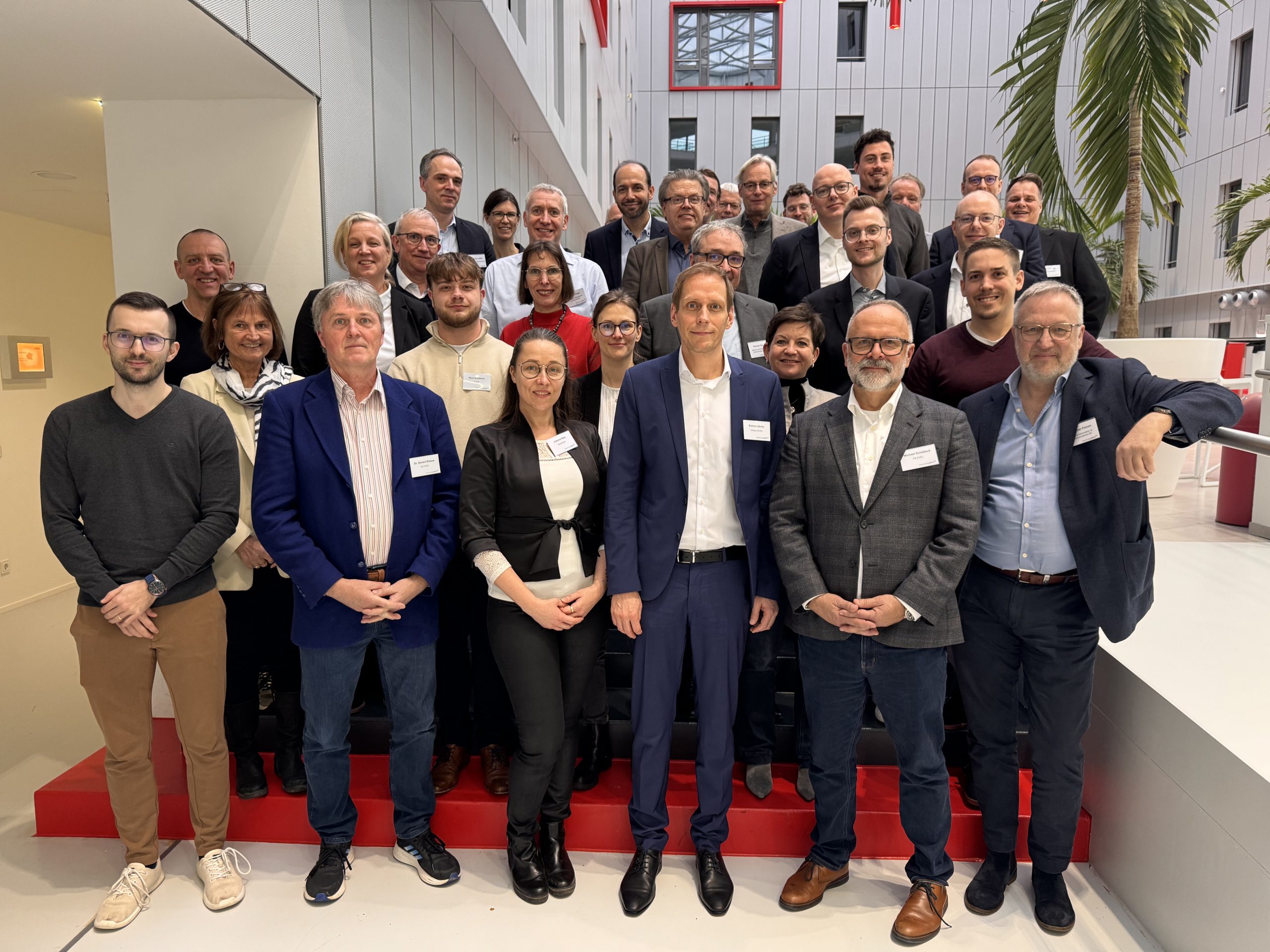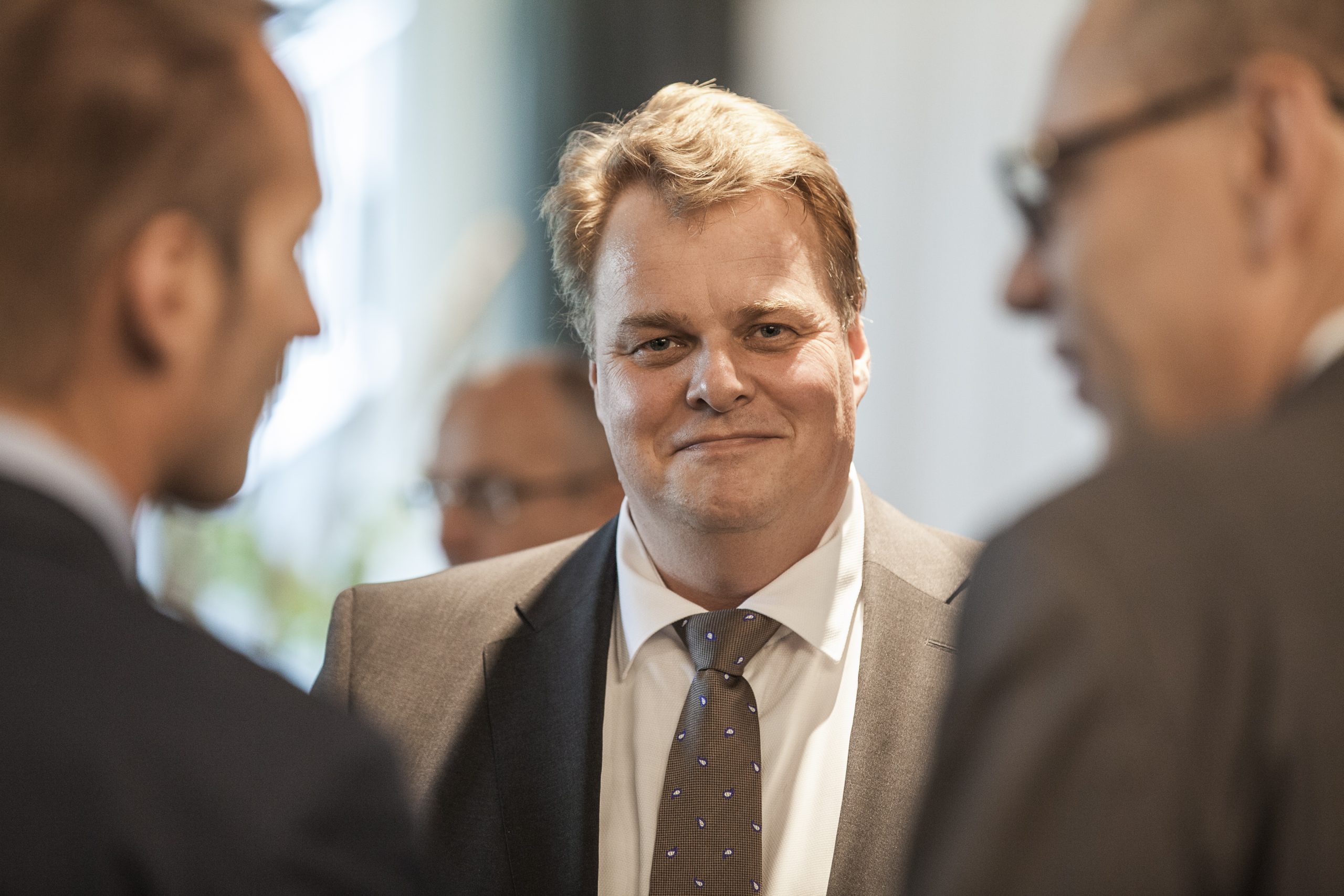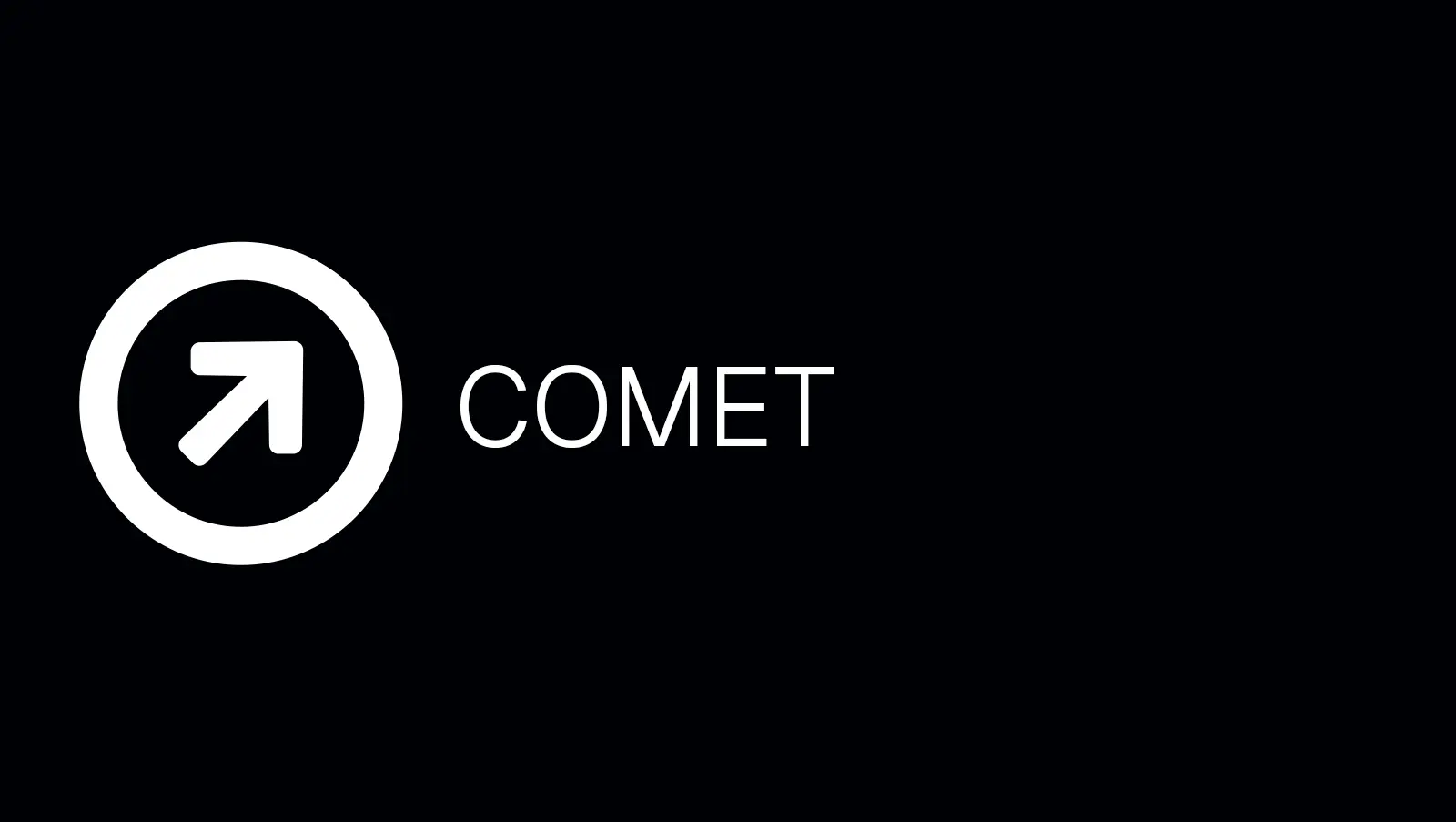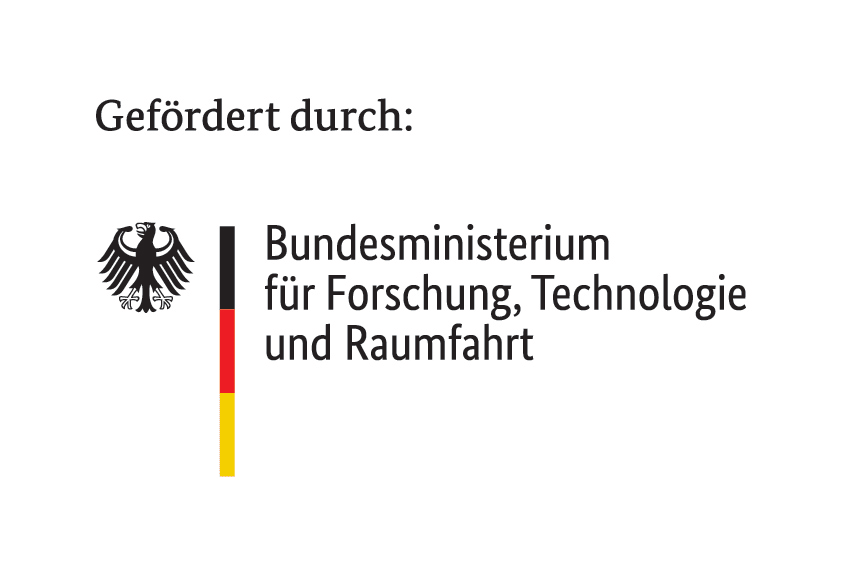“The future of living is becoming more digital, more connected and more sustainable.”
12. February 2025
6 minutes
For over ten years, Redstone has been investing in start-ups and technology companies in the financial technology, healthcare and education, industrial manufacturing, buildings, infrastructure and energy sectors. In these areas, Redstone operates a number of focused venture capital funds from which capital is invested in European technology companies with great growth prospects. Examples include the digital asset manager “Liqid” and the planning software for the construction industry “Planradar”. We spoke to Niklas Grunewald, Head of Funds for Buildings, Infrastructure and Energy at Redstone, about possible and future investment strategies and the influence of the proptech industry on the real estate sector.

Mr. Grunewald, your company is also known in industry circles as a Berlin venture capitalist. Redstone bundles investments in young, innovative companies, recently also with a focus on digital services for real estate, so-called proptech companies. However, your field of activity covers much more. What is your investment strategy based on and what makes proptech companies so attractive for your investors?
We invest along the value chain of planning, construction, sale and operation of buildings and infrastructure, i.e. much more comprehensively than the typical PropTech definition would allow. Our investment strategy is fundamentally based on identifying companies that can disrupt existing market structures with innovative approaches and at the same time create sustainable added value. We focus on business models that offer technological solutions in combination with ecological and economic efficiency. There are major challenges in the real estate sector in particular – be it in energy management, building management or the digitalization of everyday processes. We value these companies because they disrupt traditional, stable markets such as real estate through technological innovations and therefore promise long-term growth potential and attractive returns.
How do you think the PropTech sector will change the way we live in the future? How is the market currently shaping up and where do you see the main application clusters in which investments are flowing?
The future of living is becoming more digital, more connected and more sustainable. Innovative solutions in this area enable more efficient processes, optimized use of resources and individually tailored services for tenants and owners. The market is currently characterized by strong momentum, with a clear focus on technologies that lower operating costs and reduce the ecological footprint of buildings. Investments are primarily being made in areas such as energy management, digital platforms for management and tenant communication and AI-supported maintenance systems. These clusters show the enormous potential of how technology can improve our living environment – from planning to day-to-day operations.
Which key technologies do you currently see as the driving forces behind investments in this area? What role do developments in the field of AI play in this context?
The key technologies include IoT (Internet of Things) solutions, sensor technology, big data analysis and AI-supported applications. These technologies make it possible to collect large amounts of data from buildings, evaluate it in real time and make processes more efficient. Artificial intelligence (AI) in particular plays a key role: for example, it optimizes energy consumption, automates maintenance processes and can even make predictions to solve potential problems at an early stage. This technological development is crucial to making buildings more sustainable and economical. At the same time, such solutions create transparency and convenience for users, which further increases the added value.
It is often a challenge for companies and start-ups in the smart living environment to convince investors. What requirements do they need to fulfill in order to successfully position themselves on the market and attract capital?
Start-ups should have a clear understanding of the market and the specific challenges in the real estate sector. A convincing business model that clearly appeals to the target group and offers a scalable solution is essential. It is important to have a competent founding team with strong technical expertise and a product that stands out from the competition through added value and differentiation. We also attach great importance to initial reliable figures or pilot projects that prove the feasibility and success of the model. Especially in the built world, founders must show that their technology is not only innovative, but also measurably improves existing processes.
A major goal of SmartLivingNEXT is to make smart services and applications scalable more quickly with the idea of a uniform access point for all data relevant to residential buildings. What specific strategies or partnerships would you recommend in order to successfully implement the idea of a single access point on the market?
The idea of a single point of access requires close collaboration with various stakeholders in the real estate industry, including property managers, utility companies and technology providers. It is important to pursue a platform strategy that uses open standards and enables easy integration. Early pilot projects with major market players can help to build trust and increase acceptance. At the same time, regulatory requirements should be taken into account to ensure long-term scalability. Partnerships with established technology providers or industry initiatives could also facilitate access to important networks and technological expertise.
In conclusion, Mr. Grunewald: What do you see as the greatest potential for the proptech or smart living sector in the next five to ten years? And what role can initiatives such as SmartLivingNEXT play in leveraging this potential?
In the coming years, the focus will be on topics such as sustainability, energy efficiency and improving quality of life. The digitalization of real estate makes it possible to make the operation of buildings much more resource-efficient and at the same time offer convenient, personalized services for residents and users. I see the greatest potential in the integration of smart technologies into existing buildings and in the standardization of data and communication structures. Initiatives such as SmartLivingNEXT can play a decisive role by bringing together innovative companies and industry players, promoting common standards and accelerating the scaling of future-oriented technologies.
Mr. Grunewald, thank you for the pleasant conversation!
Listen to the article (in German)
Editorial office:
Ilka
Klein
Category:
Flagship project




